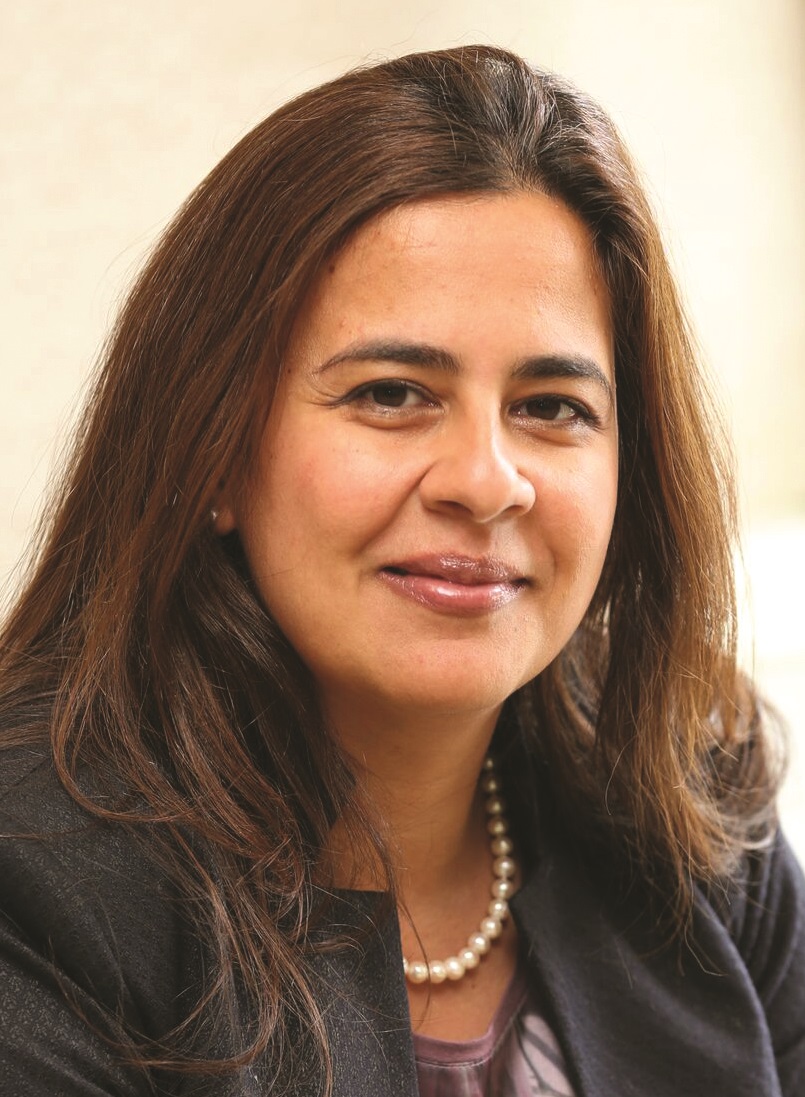Last Updated on October 24, 2023 by Dalia Barsoum
A client who was recently introduced to us holds several cash-flowing properties in the Windsor market. With a pre-approval from his bank in hand, he confidently put a firm offer on another Windsor property, assuming he would be able to get the same type of financing he had received from the bank in the past – 20% down and a 30-year amortization at reasonably low rates. Based on his financing assumptions, he calculated his cash flow at around $700 per month using a cash-flow intensive student rental strategy.
But when he took the deal to his bank for financing, it was declined. Not too many banks are keen to lend on a student rental at attractive financing terms, even if the client personally qualifies for a mortgage. Due to student rentals’ potential for increased wear and tear, lenders might up the down payment requirement or charge higher rates to offset their risks of lending against such a property.
After we had assessed the client’s portfolio, it became apparent that his student rental deal would only qualify at 35% down for higher rates. As a result, the higher cost of capital ate away at his projected cash flow.
The key takeaway from this example is that while you might have a property or strategy that looks amazing on paper from a cash flow standpoint, if you don’t plan ahead and validate the financing you’re able to get, then you run the risk of facing a higher cost of capital late in the game that will devour a large chunk of the cash flow you were expecting.
To be clear, I’m not talking about a preapproval. A pre-approval is just a quick way for a bank to tell you what you qualify for, subject to a series of conditions that have to be met before it firms up into an actual approval. This is often where investors get tangled up: basing their cash flow or ROI projections on financing assumptions rather than approved financing.
To avoid the unpleasant surprises brought on by needing to pump more capital into a deal, and to ensure that the projected cash flow from a property will in fact materialize, here are three areas worth concentrating on when it comes to financing.
1. Create a financing roadmap
Planning financing goes beyond just getting a mortgage pre-approval. It entails speaking with an investor-friendly mortgage broker about all aspects relating to your finances and future deals. That includes ironing out the following:
- How you derive your income
- What condition your credit is in
- Your down payment sources
- The deal’s structure – parties participating in the deal, corporations, vendor take-backs, etc.
- Your investment strategy
- Your chosen market
- Your down payment sources
- The size of your existing portfolio and its impact on future financing
The more proactive you are in planning the above with your mortgage broker, the more accurate you can be in assessing the cash flow and the more prepared you’ll be to structure each deal to get the best financing possible.
2. Consider the property’s condition and location
Investors often underestimate the role a property and its location play in mortgage approval and the terms they receive. For example, let’s say an investor qualifies with a certain group of lenders, but those lenders do not lend in certain locations. The property she has in mind looks amazing on paper in terms of cash flow, but because of her lenders’ predispositions, the terms they propose could transform the deal from ‘nobrainer’ to ‘no thank you.’
Some properties’ cash flow numbers might look attractive because of the property’s condition, particularly when the investor is purchasing below market value. Financing for such properties, however, can be drastically different from the standard 20% down/30-year amortization package. Institutional lenders might shy away from such a property altogether, reduce their risk by asking the investor to inject a higher down payment, or charge higher rates and fees.
On properties that are run-down and/ or in remote locations, it’s best to put in a financing condition and not go firm on the offer. It’s also crucial that you validate any financing assumptions associated with a property. Consult your mortgage advisor before you place an offer.
3. Be upfront about your investment strategy
As the earlier example demonstrates, it’s important to be transparent with your mortgage broker about your plans for the property. A property that needs renovations will require a different type of mortgage than a property that is turn-key. A property that is rented on a per-room basis, like a student rental or a rooming house, will have to go to select lenders and will necessitate different terms than a property rented to a family. A rent-to-own deal will always be looked at differently by lenders compared to a regular turn-key rental.
As an investor, there are few things you should take for granted. Financing should not be one of them.
 Dalia Barsoum is the president and principal broker at Streetwise Mortgages and a regular speaker and contributor on the topics of investing and financing. She is also the best-selling author of Canada’s number-one financing book, Canadian Real Estate Investor Financing: 7 Secrets to Getting All the Money You Want. Get in touch with her at info@streetwisemortgages.com. For more information, visit streetwisemortgages.com.
Dalia Barsoum is the president and principal broker at Streetwise Mortgages and a regular speaker and contributor on the topics of investing and financing. She is also the best-selling author of Canada’s number-one financing book, Canadian Real Estate Investor Financing: 7 Secrets to Getting All the Money You Want. Get in touch with her at info@streetwisemortgages.com. For more information, visit streetwisemortgages.com.
Dalia Barsoum is the founder of Streetwise Wealth, a boutique real estate wealth advisory firm, and Streetwise Mortgages, a multi-award-winning brokerage specializing in income property financing. Streetwise Mortgages is known as Canada's #1 small markets broker (AKA rental markets) as ranked by Canadian Mortgage Professionals.
The team at Streetwise Mortgages has funded over 1 billion dollars of mortgage volume and over 2700 mortgage transactions ranging from residential, multi-family, mixed-use, and other construction projects.
Dalia is the best-selling author of Canadian Investor Financing: 7 Secrets to Getting All The Money You Want, a columnist for Canadian Real Estate Wealth magazine and has been recognized as a Global 100 mortgage professional, one of Canada’s top 10 brokers, and a woman of influence.
Through strategic real estate financing advice, sophisticated deal structuring solutions, and access to an understanding of all the money tools and capital structures investors use to grow (private money, traditional mortgages, alternative mortgages, GP/LP structures, corporate capital structures, and joint ventures), Dalia and her team have helped thousands of Canadians kick start their real estate investment journey and take their portfolios to the next level while managing risk.








